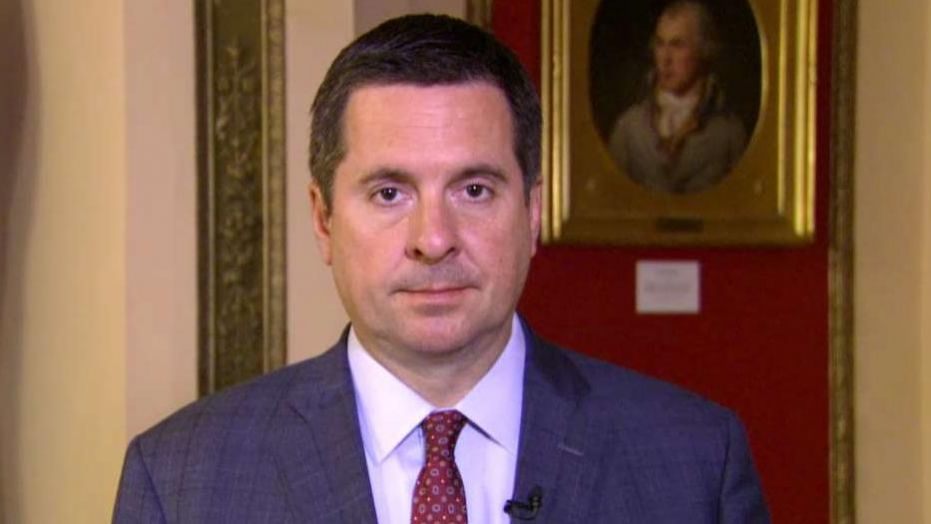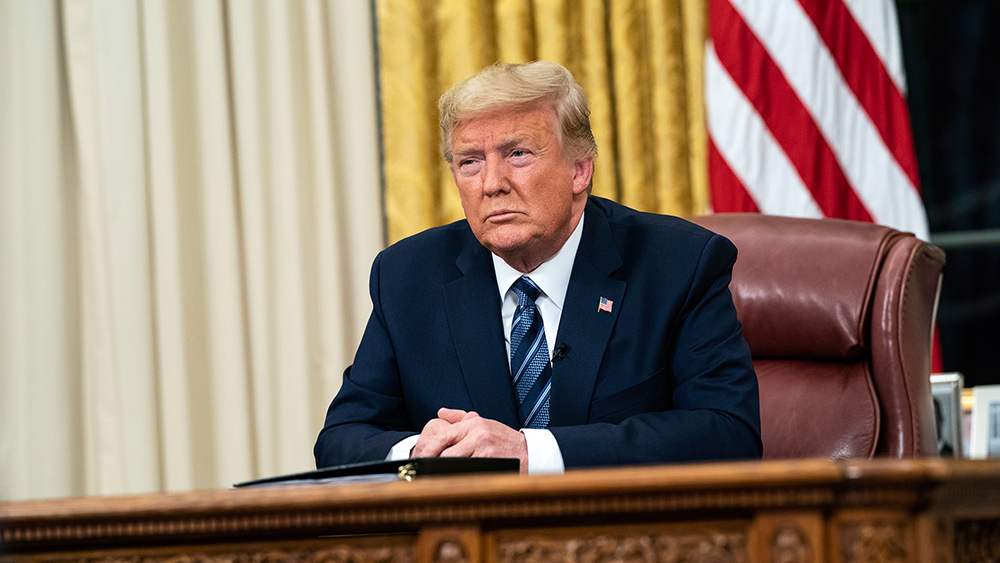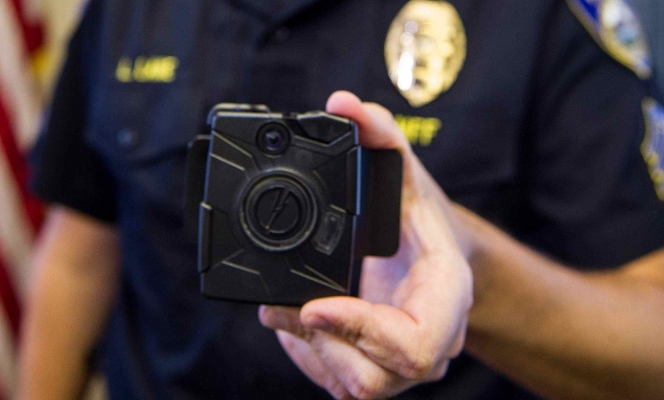COVER-UP: FISA intelligence reports from 2016 lack critical data during four-month period immediately following the presidential election
10/20/2020 / By Ramon Tomey

Information on U.S. citizens’ identities targeted for surveillance, specifically from September to December 2016, is missing in intelligence reports released by the Director of National Intelligence (DNI). Data from the four months is vital as it corresponds to extended surveillance efforts by the Federal Bureau of Investigation (FBI) on President Donald Trump’s campaign aides—part of an investigation by the bureau into alleged ties between the campaign and Russia to influence the 2016 presidential elections.
Subsequent reports released in 2018 and 2019 did not include the missing figures from 2016. An attempt by The Epoch Times to obtain the data yielded no results as both the DNI’s office and the National Security Agency (NSA) refused to comment on the matter. Nevertheless, the investigation failed to establish that collusion between Russia and the Trump campaign occurred—based on Special Counsel Robert Mueller’s findings.
The surveillance operation on Trump aides, and the larger probe it was part of, is under investigation by U.S. Attorney John Durham at the behest of Attorney General William Bar. Durham’s investigation has yielded one indictment: Former FBI attorney Kevin Clinesmith pleaded guilty in August to falsifying a document endorsing surveillance efforts on former Trump campaign aide Carter Page.
The DNI releases yearly findings that include how many personal identities in NSA intelligence reports have been unmasked during a calendar year. It started reporting the unmasking figures in 2016 in response to recommendations of the Privacy and Civil Liberties Oversight Board, a watchdog group established by Congress in 2004. The figures submitted by the DNI in 2016 only unveiled names and titles of Americans, but the succeeding year’s figures now included other identifying information such as email addresses, telephone numbers and names of American companies.
Deep State weaponized Foreign Intelligence Surveillance Act against Trump
Under Section 702 of the Foreign Intelligence Surveillance Act (FISA), the NSA cannot collect information on Americans. If the agency does gets information on Americans, it must conceal their identities.
However, the same FISA section authorizes different avenues to gather intelligence. Title VII permits collecting electronic communications, such as phone calls and emails, from non-citizens outside the U.S. without a warrant. Meanwhile, Title I permits electronic monitoring of people currently in the U.S., including Americans, if the secret FISA court agrees that the target is highly likely to be a foreign power or an agent of one.
FISA espionage has faced more intense scrutiny in recent years, following investigations that uncovered the FBI’s applications for a FISA warrant—under Title I—to spy on Page in 2016 and 2017. The bureau used false and unsubstantiated allegations from operatives paid by the Democratic National Committee and former Secretary of State Hillary Clinton as grounds for the FISA warrant application. (Related: FBI knew sub-source for Steele dosser was a Russian operative, but they lied to FISA court anyway.)
The FBI gradually obtained information disproving the allegations, but withheld most of it from the FISA tribunal and kept applying for warrant renewals, resulting in illegal surveillance. Because of this, the bureau and the Department of Justice (DOJ) are now reforming the FISA process to mitigate any future abuses—starting with two memoranda released in September.
Barr said in a Sept. 1 statement: “FISA is a critical tool to ensuring the safety and security of Americans. However, the American people must have confidence that the … government will exercise its surveillance authorities in a manner that protects the civil liberties of Americans, avoids interference in the political process, and complies with the Constitution and laws of the United States.”
The two memos released by the Justice Department mandated the establishment of an internal department inside the FBI that focuses on ensuring compliance with lawful processes and implementing certain protocols for FBI agents to ensure that they make accurate and complete representations to the FISA tribunal when applying for surveillance warrants.
“What happened to the Trump presidential campaign and his subsequent administration after the president was duly elected by the American people must never happen again,” according to the attorney general.
Find out how Deep State operatives are using surveillance powers to undermine the president at Surveillance.news.
Sources include:
Tagged Under: 2016 elections, Collusion, Crossfire Hurricane, deep state, Director of National Intelligence, Donald Trump, espionage, Federal Bureau of Investigation, identity, illegal surveillance, intelligence, intelligence report, monitoring, President Trump, Russian collusion, Spygate, surveillance, Trump, Trump campaign, unmasking
RECENT NEWS & ARTICLES
COPYRIGHT © 2017 SURVEILLANCE NEWS




















